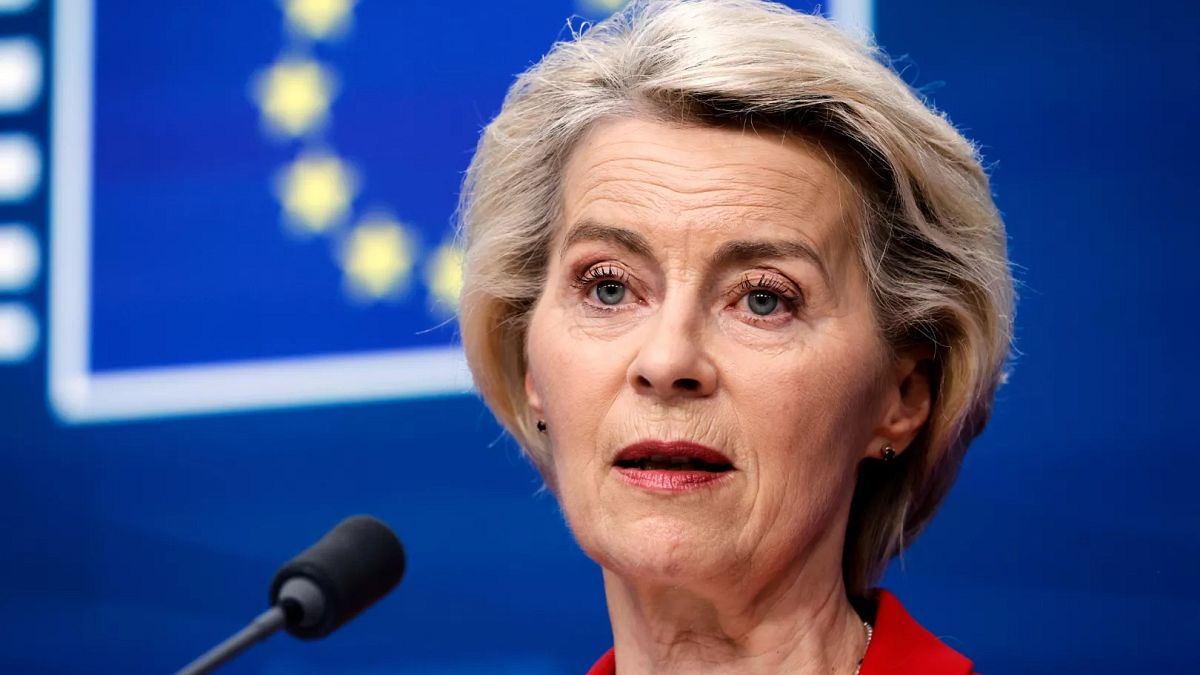

In an ever-evolving world, recent initiatives and policies from various regions underscore the ongoing changes and efforts to adapt to contemporary challenges. Across Europe and beyond, recent developments are drawing attention, offering a mosaic of perspectives and strategies that shape our global landscape.
The European Union is currently witnessing detailed discussions about its long-term budget, as fourteen member states express a desire for a more tailored approach. These states have advocated for a “stand-alone cohesion policy,” aiming to enhance competitiveness and foster convergence across EU regions. Such a policy is seen as essential to ensure that the next EU budget efficiently addresses the diverse economic landscapes and assists regions in aligning with broader European goals. By focusing on regional needs, the EU aims to build a more connected and robust union.
Meanwhile, in Kazakhstan, a recent legal measure introduces a ban on face coverings in public spaces as a security initiative. This decision highlights the country’s focus on maintaining public safety, while also navigating the balance between individual freedoms and collective security. The law reflects Kazakhstan’s approach to addressing security concerns in a manner that seeks to foster a safe and peaceful public environment for all its citizens.
In Greece, societal discussions are buzzing following a government proposal to extend the workday to thirteen hours. The plan has sparked a response from labor unions, voicing concerns that this move might harken back to a more demanding era for workers. The Ministry of Labour, however, describes the proposal as a necessary “modernisation,” intended to reflect the evolving demands of today’s workforce and business necessities. This development represents a broader trend of adapting labor laws to contemporary economic environments while ensuring worker wellbeing.
On the larger European stage, Brussels has lent its support to a leadership initiative by the World Economic Forum. This effort, designed to stimulate innovative ideas, is supported by key EU institutions and aims to address perceived declines in Europe’s economic influence. Spearheaded by EU Commissioners through a structured four-pillar framework, the initiative is a testament to Europe’s commitment to revitalizing its economic standing and inspiring a future-focused approach to policy and leadership.
As we move through these dynamic times, the actions and responses observed in these varied situations reflect a larger global narrative of adaptation and progress. Each initiative and policy offers a glimpse into the methods through which regions address their unique challenges, while collectively contributing to a more interconnected and forward-moving world. Through these calm and thoughtful approaches, regions strive to create environments that promote security, progress, and cohesion, mirroring a global desire for peace and prosperity.
Source: {link}
